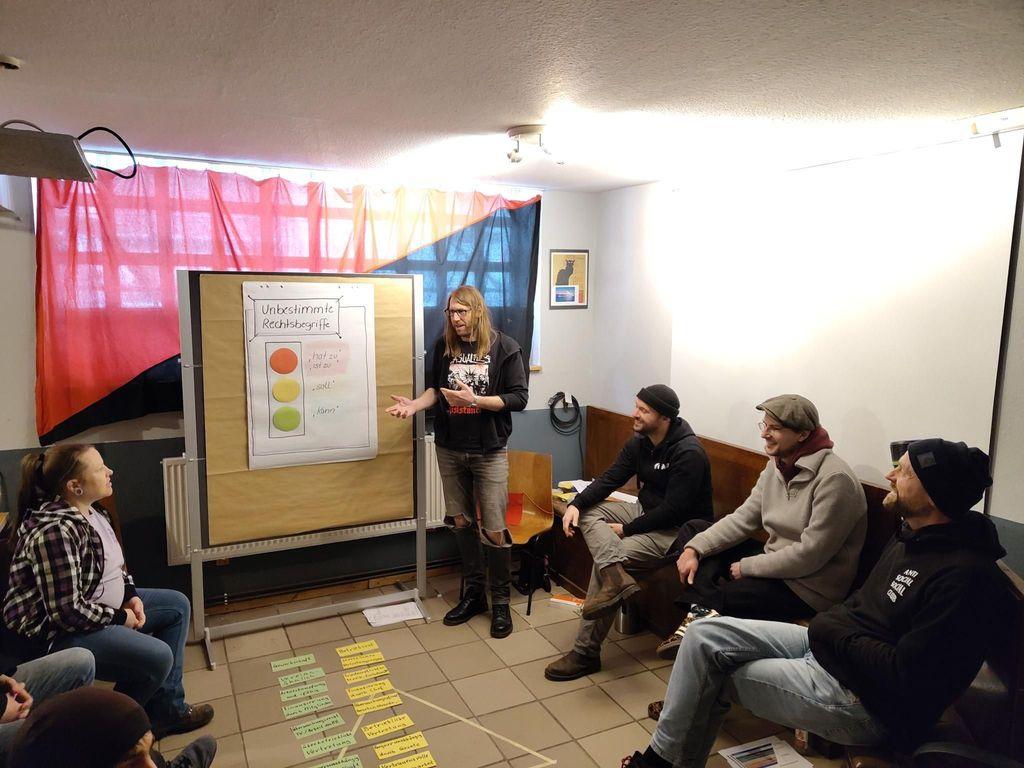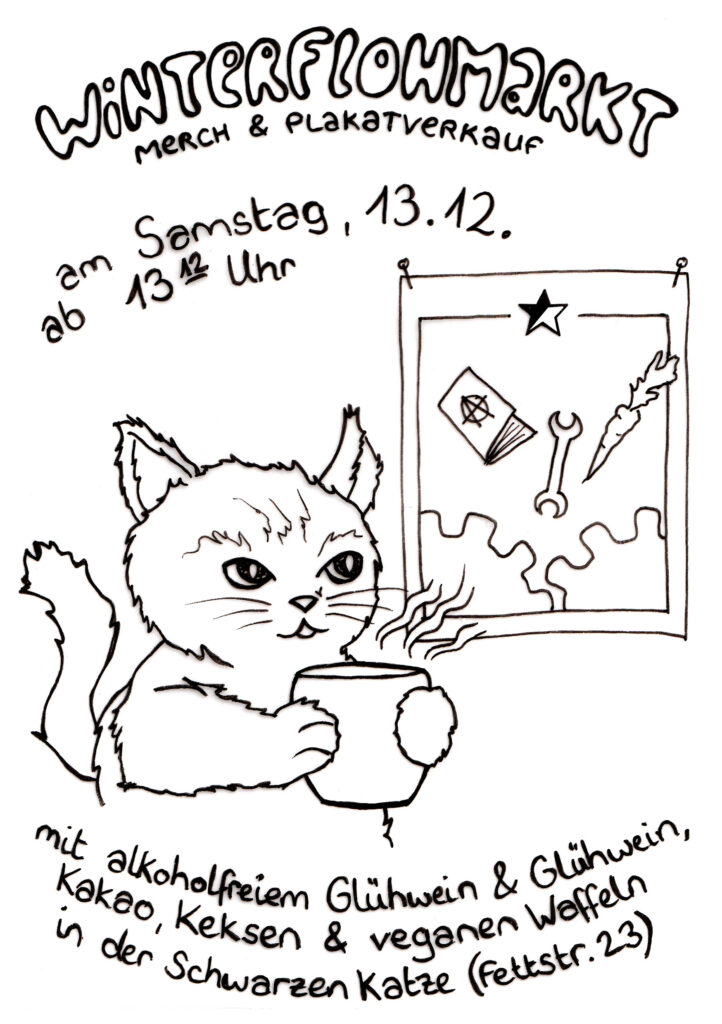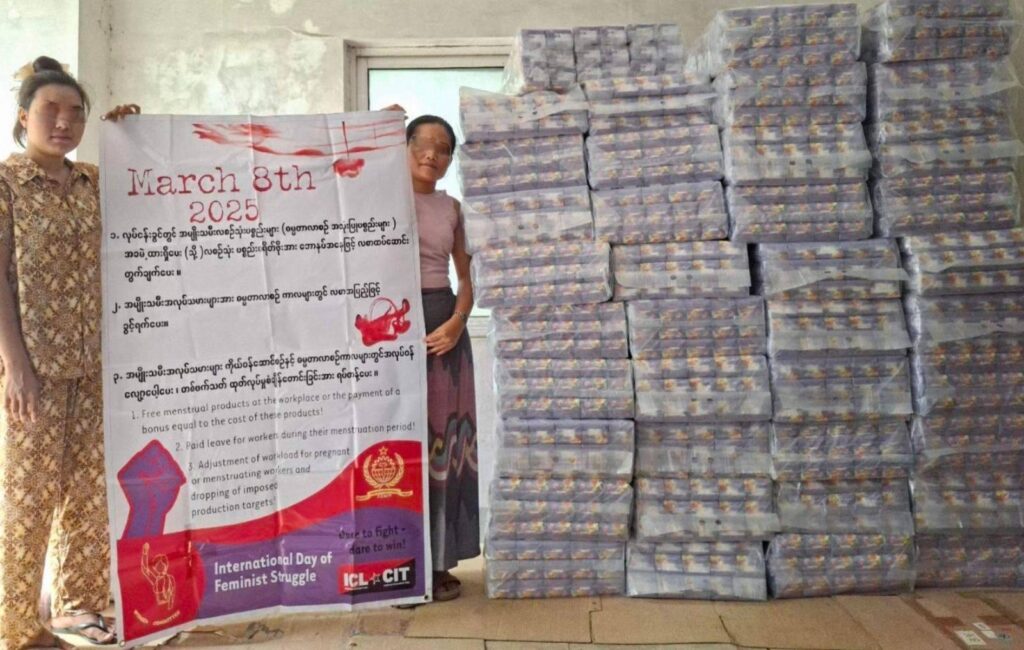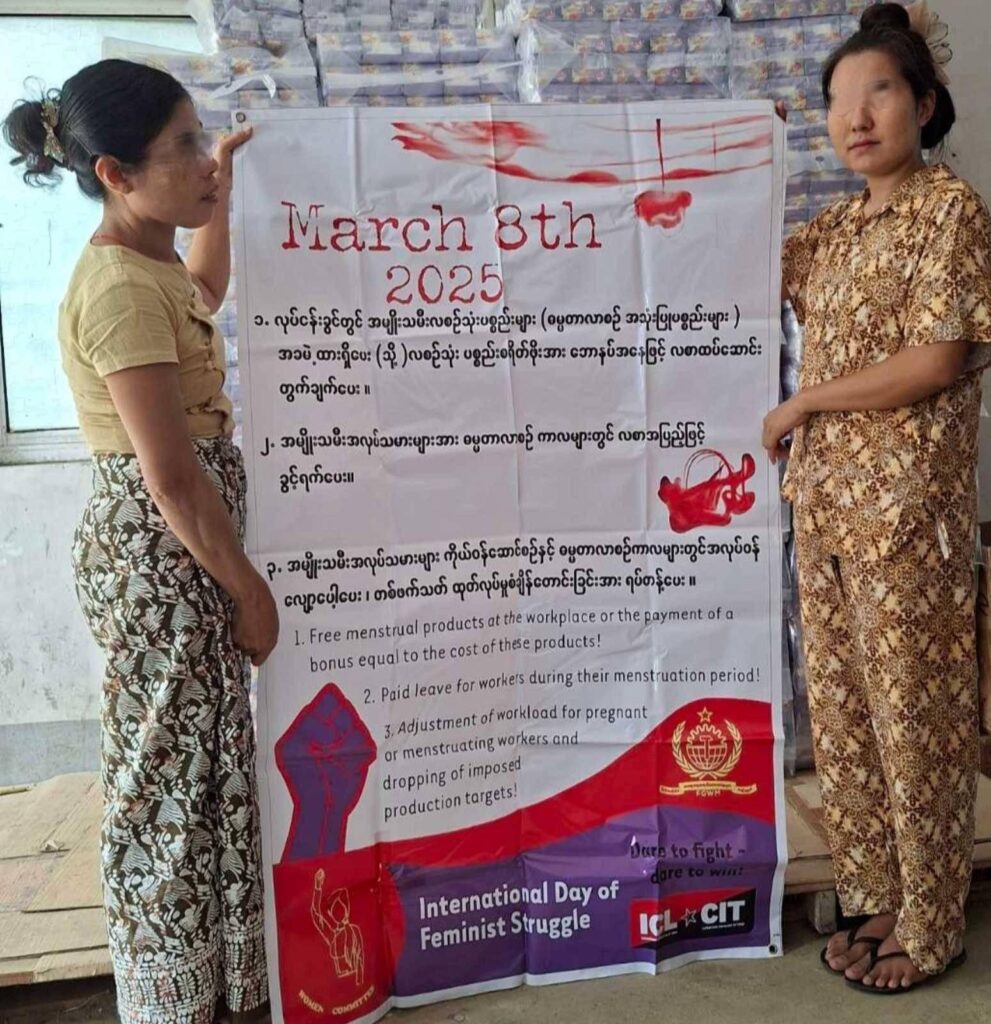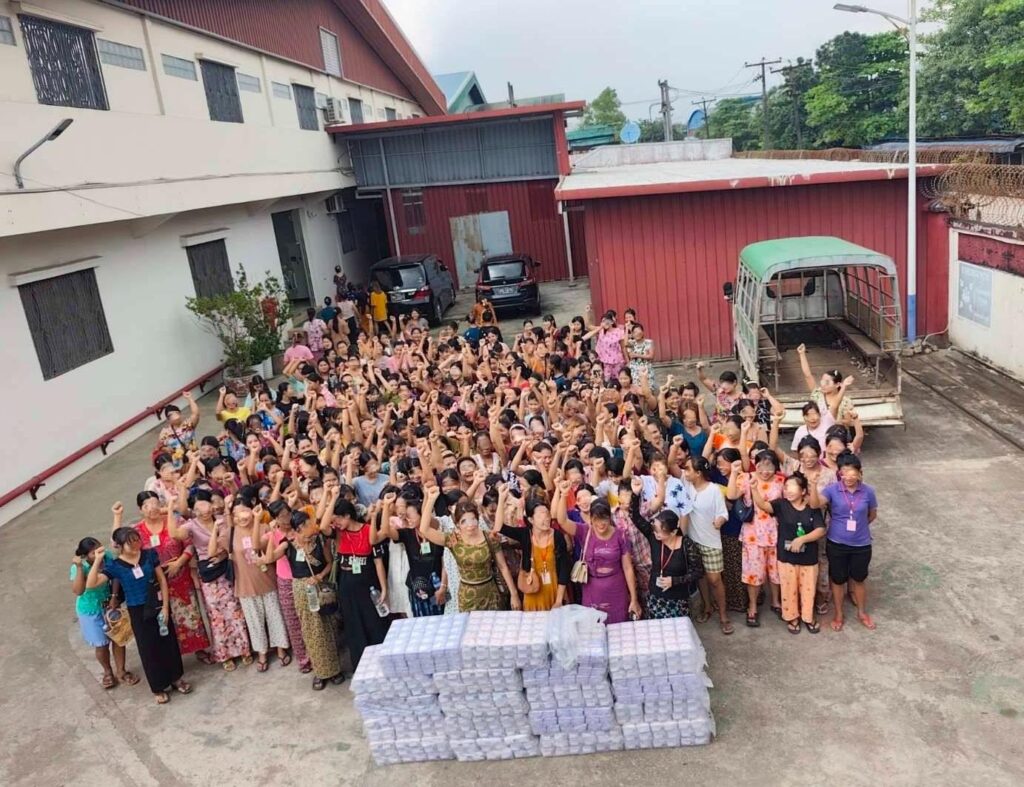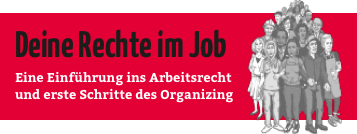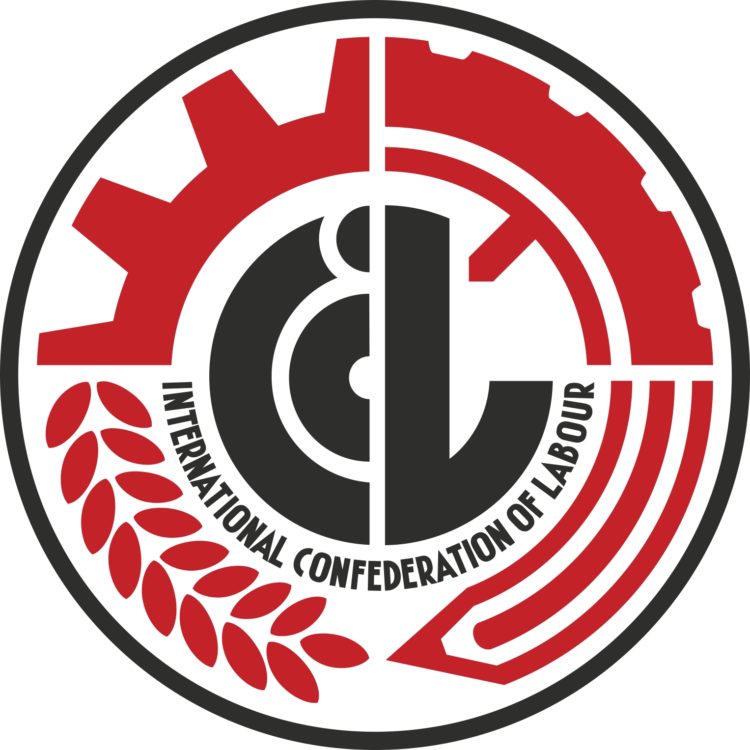Would you like to come along to a plenary meeting? Get a taste of trade union work? Meet new people and develop rebellious ideas together?
We meet regularly:
- every first Tuesday of the month at 7 p.m. for the full assembly of FAU Hamburg (including sections of Lüneburg & Lübeck)
- every second Sunday of the month at 4 p.m. for the FAU Hamburg plenary meeting.
- every third Tuesday of the month at 7 p.m. for the thematic plenary.
Where? At the libertarian centre ‘Schwarze Katze’, Fettstraße 23, 20357 Hamburg
We look forward to seeing you!




